Argentina
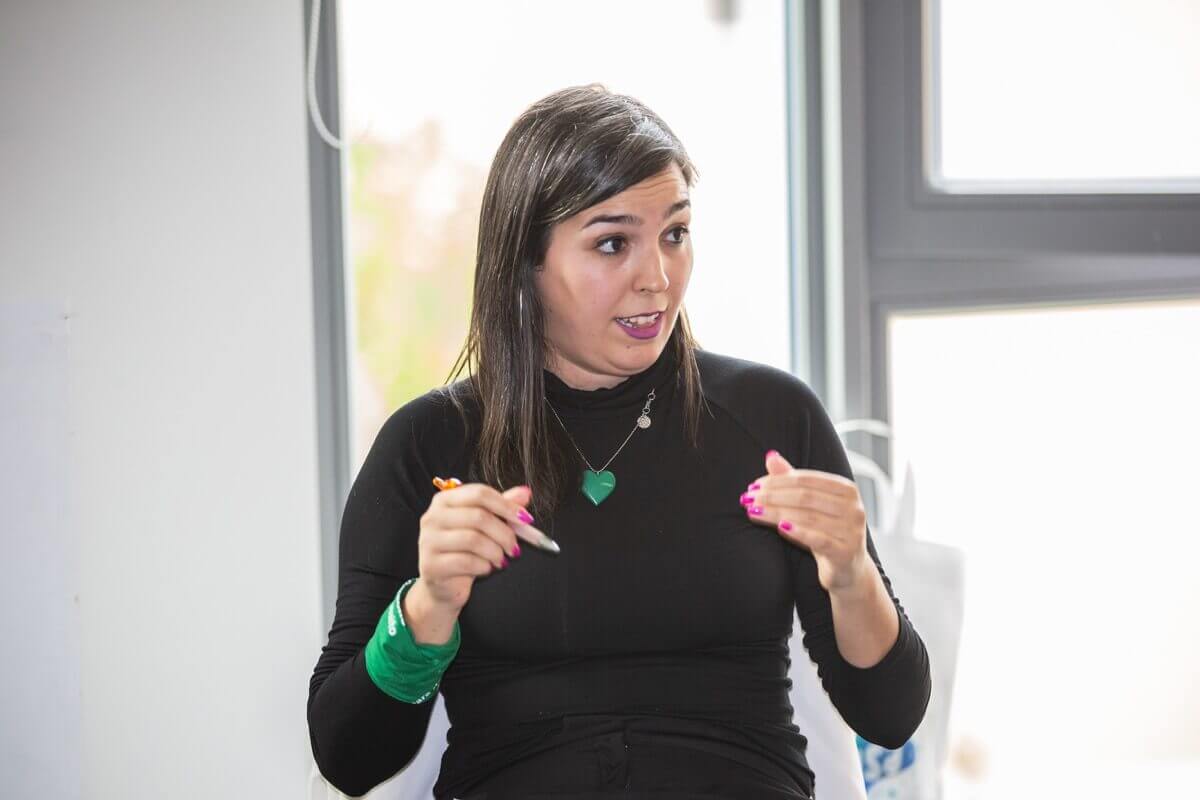
Pamela Martín García, Advocacy Coordinator at FUSA AC
spoke about the inclusion of SRHR into the UHC program of Argentina.
Workshops held by representatives from different countries offered the opportunity for delegates to learn about the implementation of health reforms aiming at Universal Health Coverage (UHC) and the provision of Sexual and Reproductive Health (SRH) services in this context. The following representatives presented experiences, lessons learned and examples of best practice from their countries.

Pamela Martín García, Advocacy Coordinator at FUSA AC
spoke about the inclusion of SRHR into the UHC program of Argentina.
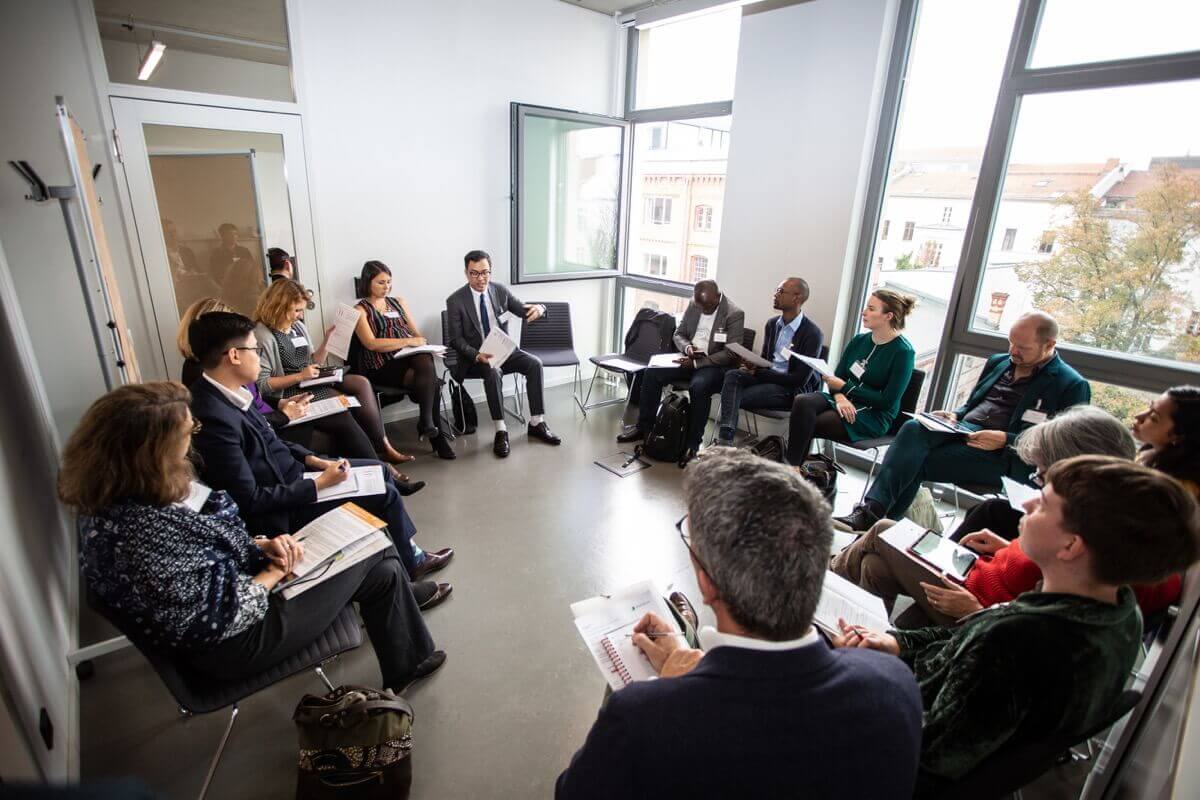
Narith Chan, Secretary-General at General Secretariat (GS) of the National Social Protection Council (NSPC)
spoke about Universal Social Protection in Cambodia.
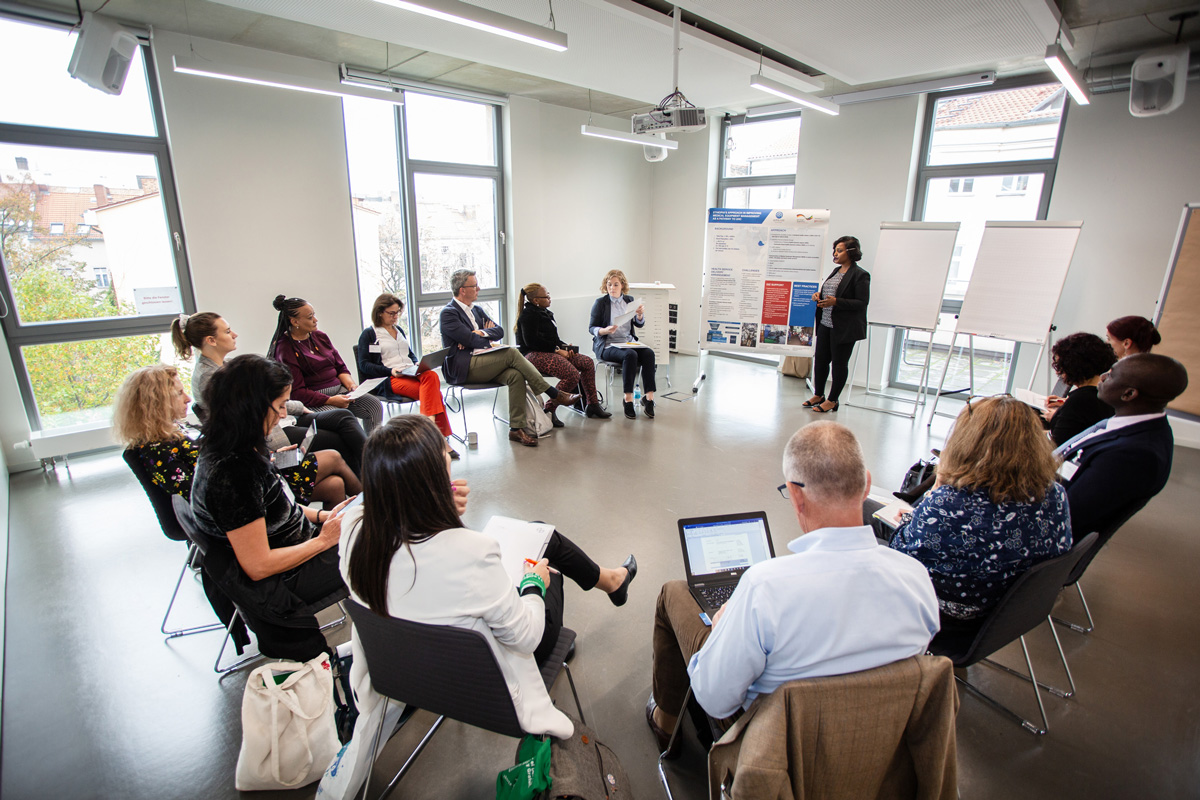
Lemlem Degafu Abate, Biomedical Engineer at the Ministry of Health in Ethiopia
discussed Medical Equipment Management and UHC in Ethiopia.
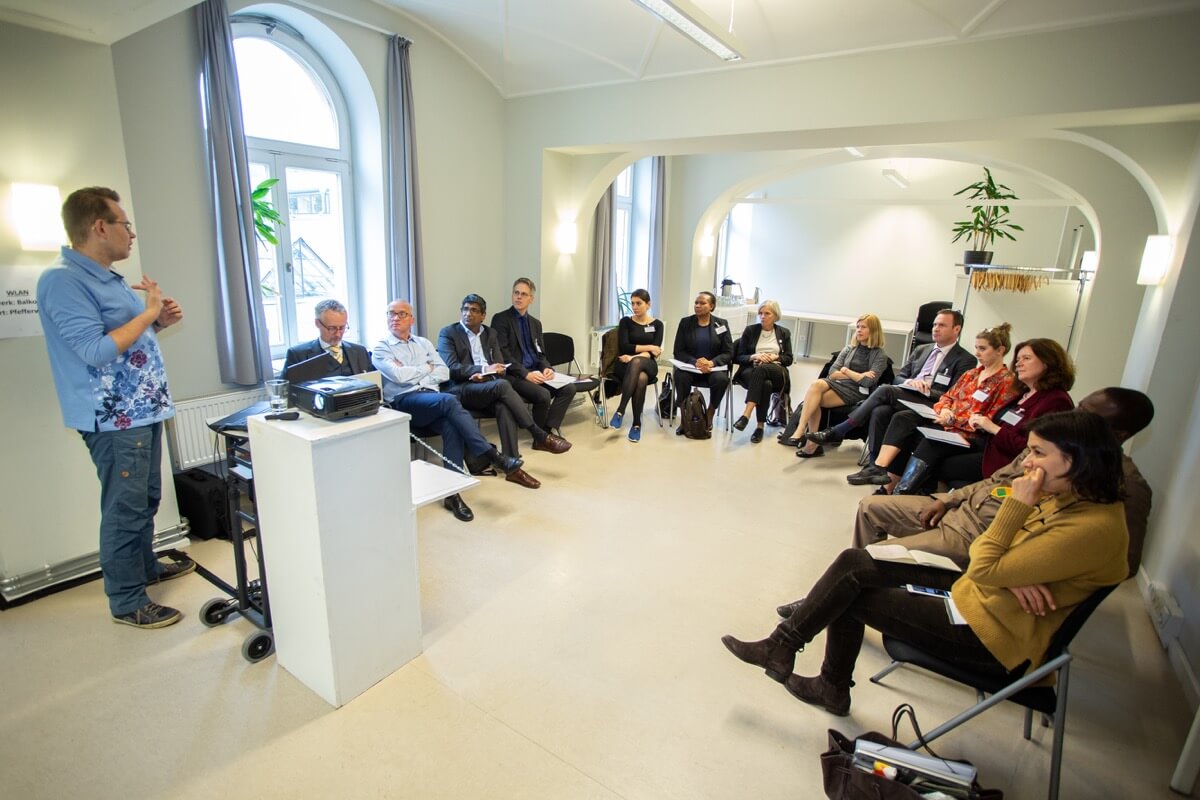
Prof. Mika Gissler, Finnish Institute of Health and Welfare
presented on SRHR and UHC in Finland.
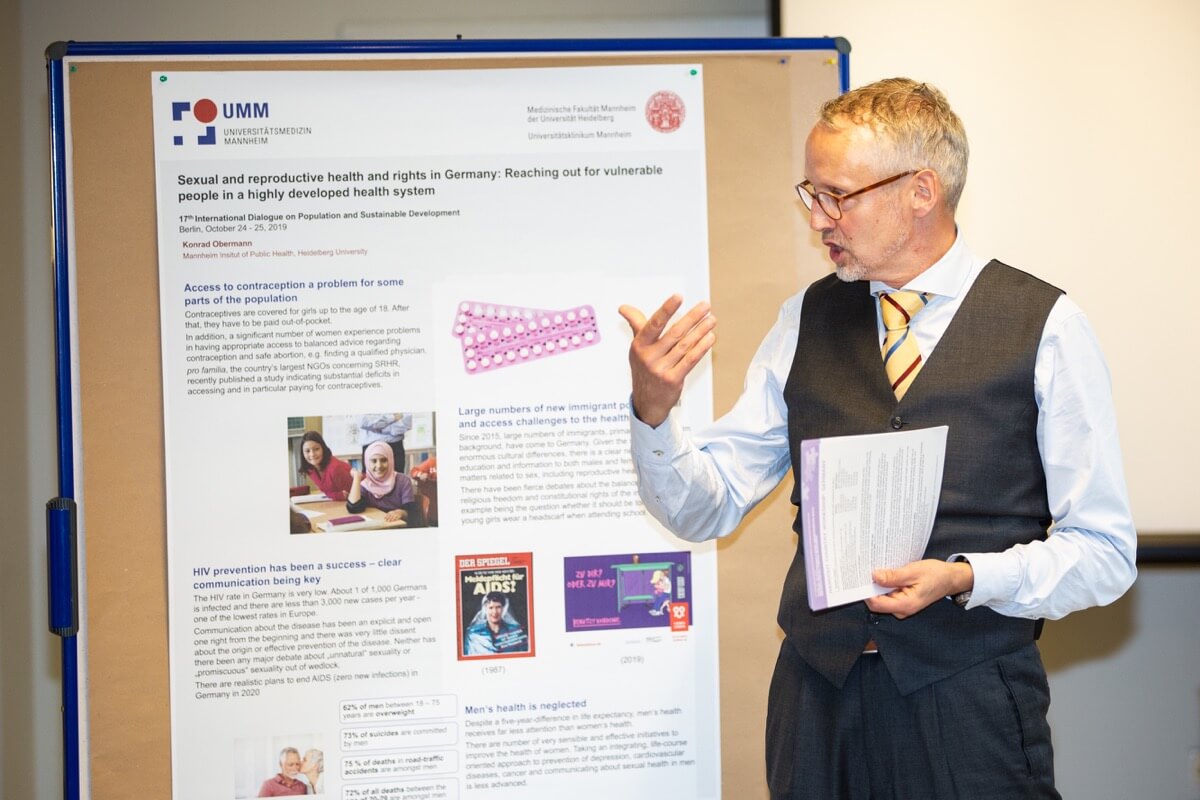
Prof. Konrad Obermann, Senior Scientific Staff at MIPH, University of Heidelberg
discussed the access to contraception, immigration, HIV prevention and men’s health in the context of UHC in Germany.
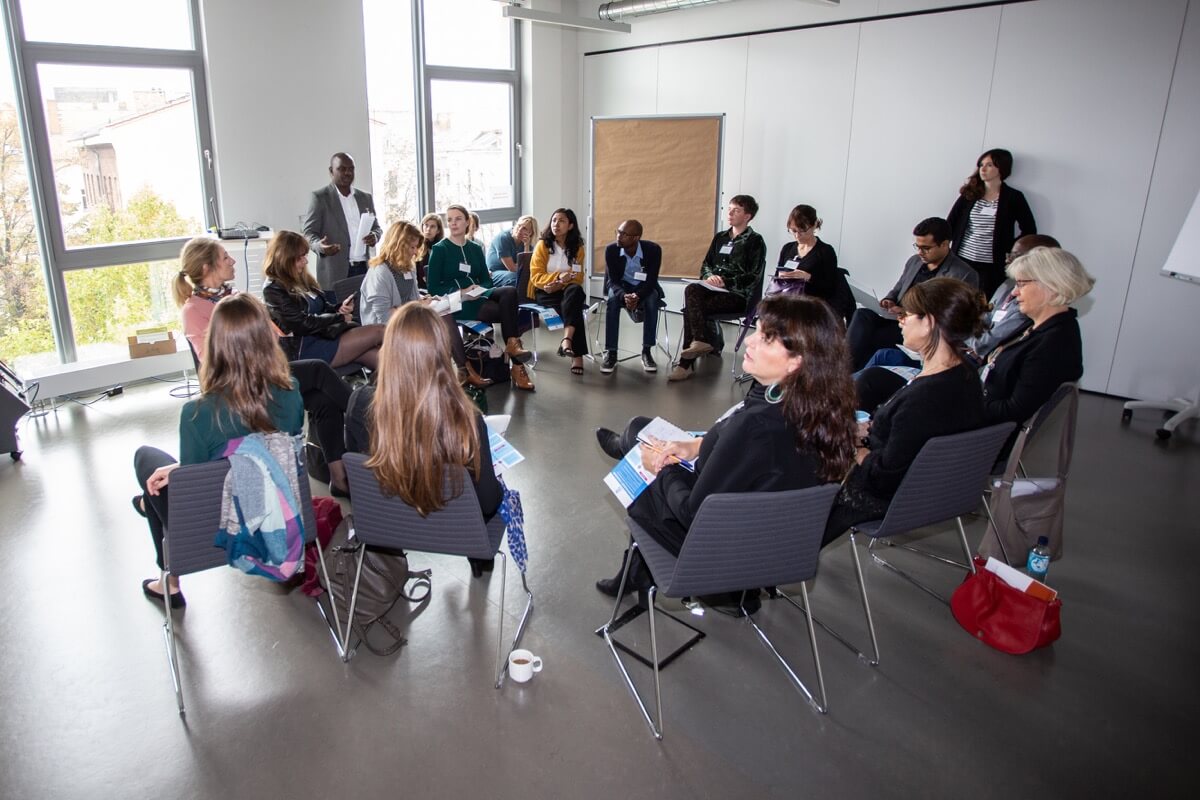
Joshua Ongwae, International Program Coordinator & Regional Team Lead at DSW
spoke about UHC and the status quo and the challenges of accessing youth-friendly SRH services in Kenya.
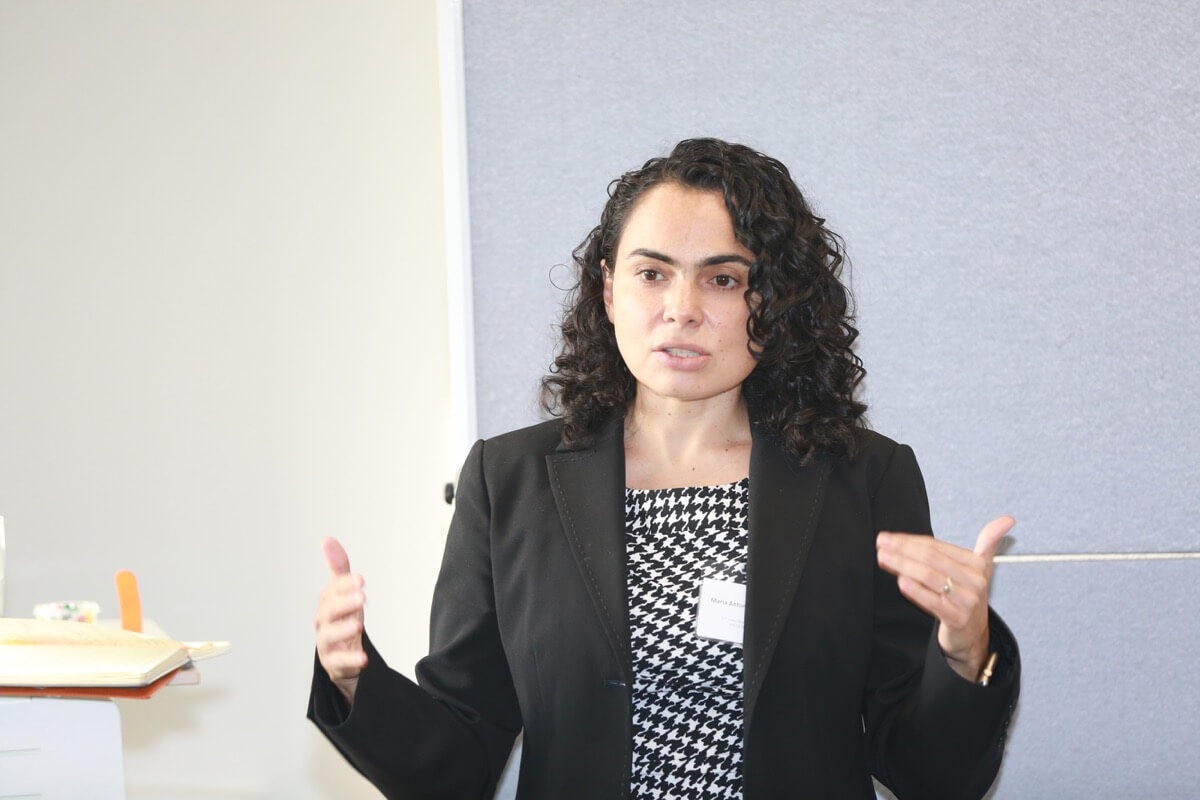
Maria Antonieta Alcalde Castro, Director for Central America and Mexico at Ipas
spoke about SRHR and UHC in Mexico.
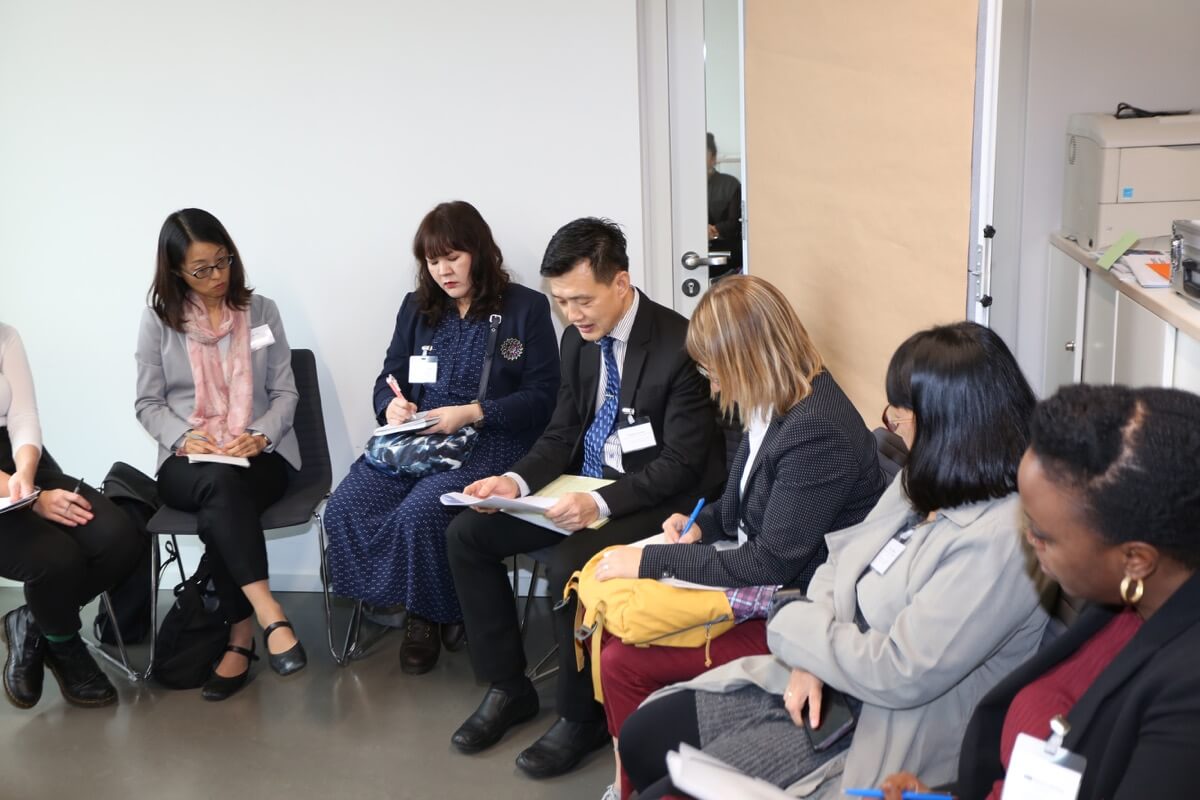
Dr. Saejeng Kittipong, Director of the Bureau of Reproductive Health in the Department of Health
spoke about the gains and challenges of SRHR and UHC in Thailand.
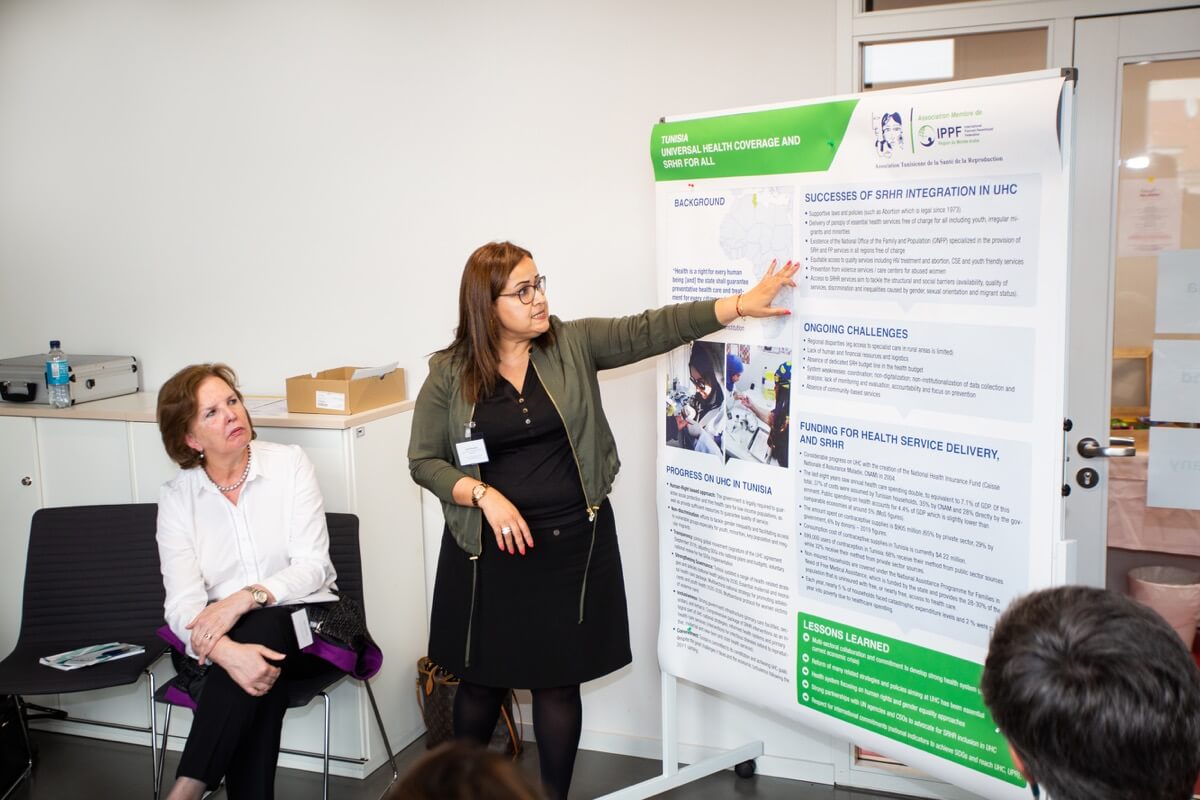
Irzek Khenitech, Director of the Association Tunisienne de la Santé de la Reproduction
explained the progress of integrating SRHR into UHC in Tunisia.
Discussions around UHC and SRH were manifold. The following points are exemplary spotlights of the conversations during these sessions: